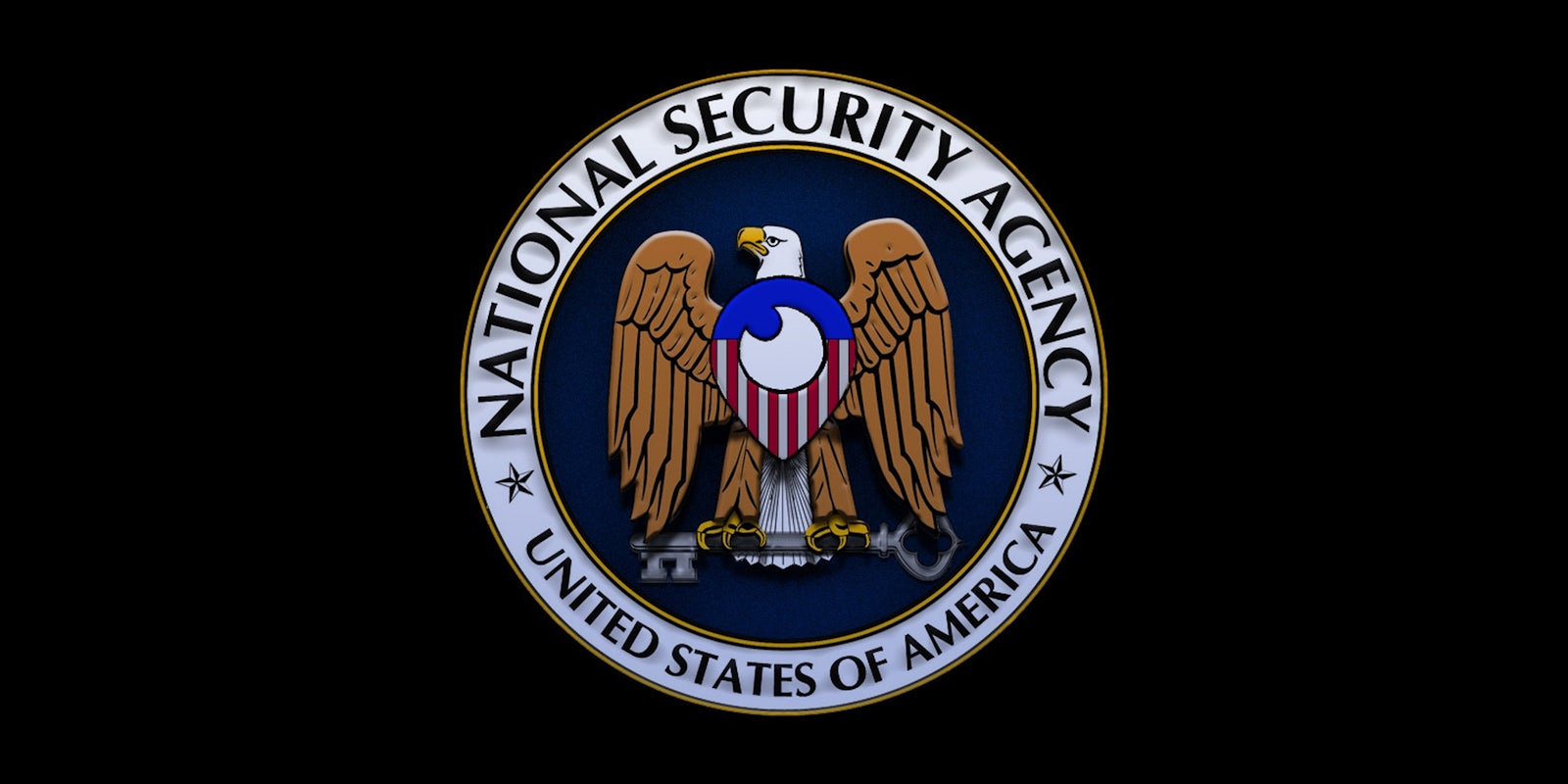A federal court dismissed a lawsuit on Friday brought by nine organizations accusing the National Security Agency of unlawfully collecting their electronic exchanges with overseas contacts.
The court held that the plaintiffs, a broad group of organizations representing journalists, lawyers, and human rights activists, had not plausibly argued that their emails and other communications were intercepted by the NSA’s global “upstream collection” process. It’s one that collects data en masse from foreign and domestic Internet cables and switches—also known as the “Internet backbone.”
The plaintiffs included, among others, the Wikimedia Foundation, a nonprofit that maintains Wikipedia and 11 other Internet projects; Human Rights Watch, a nonprofit human rights organization based in New York; and the National Association of Criminal Defense Lawyers, a Washington D.C.-based membership organization focused on criminal defense matters.
The group is represented by the American Civil Liberties Union (ACLU). Wikimedia v. NSA is the abbreviated name of the case.
The ruling cites the Supreme Court’s decision in Clapper v. Amnesty, a previous ACLU lawsuit against NSA surveillance, which was dismissed in early 2013 on the basis that the plaintiffs could not produce evidence of NSA surveillance.
“Unlike the surveillance considered by the Supreme Court in Clapper, upstream surveillance is not limited to the communications of NSA targets,” the ACLU said in a press release late Friday. “Instead, the NSA is searching the content of nearly all text-based Internet traffic entering or leaving the country…”
ACLU National Security Project Staff Attorney Patrick Toomey, who argued the case last month, said that the decision “turns a blind eye” to the government’s domestic surveillance. “The dismissal of the lawsuit’s claims as ‘speculative’ is at odds with an overwhelming public record of warrantless surveillance,” he said.
“Upstream” is referenced by name in a number of classified documents leaked in 2013 by former NSA contractor Edward Snowden, who tied the data-gathering method to at least four top-secret U.S. surveillance programs. Before Snowden, a former AT&T technician named Mark Klein exposed a covert NSA data-mining operation at an AT&T facility in San Francisco in 2006—now infamously known as “Room 641A.”
Lawsuits alleging criminal and unconstitutional surveillance by the recent Bush administration have been repeatedly dismissed. A case against AT&T for Room 641A, brought by the Electronic Frontier Foundation, was dismissed by an appeals court in 2007 due to retroactive immunity granted by Congress to companies that cooperated with intelligence agencies.
In a related case this year (Jewel v. NSA) a federal judge held that the plaintiffs—five former AT&T customers—did not have adequate standing to challenge the NSA’s data gathering. To defend the government any further, the judge ruled, it would have required the “impermissible disclosure of state secret information.”
Remix by Max Fleishman


